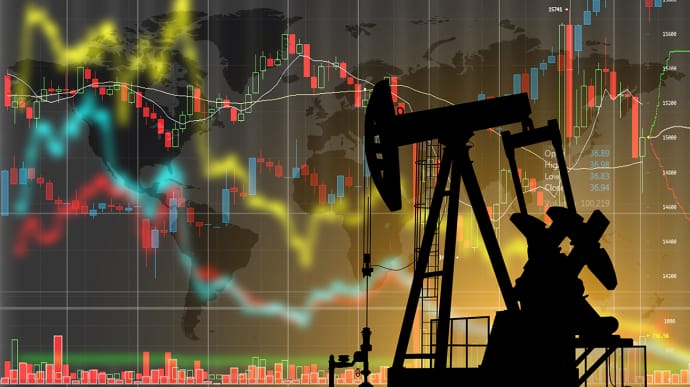Despite sanctions, Russia's income from oil and gas sales in February increased by 80% compared to last year

Russia’s income from oil and gas sales increased by more than 80% in February compared with last year, surpassing US$10 billion. It happened due to the increase of prices on Russian oil despite the Western sanctions.
Source: Bloomberg
Details: Last month the proceeds to the Russian budget from taxes on oil and gas totaled RUB 945.6 billion (about US$10.4 billion), as reported on 5 March by the Russian Treasury.
Taxes on oil and petroleum products, which accounted for 84% of total hydrocarbon revenues, more than doubled, according to Bloomberg calculations based on the data.
Oil and gas sectors of Russia are the key source of revenue for the national treasury which is under pressure of the increasing military expenditures amid Russia’s invasion of Ukraine.
In order to limit Russia’s oil revenue, Western countries have imposed sanctions which led to the price drop of the Urals oil to less than US$50 a barrel in February 2023.
Then the EU banned most naval imports of oil and petroleum products from Russia, and the G7 states implemented a price restriction of US$60 a barrel for Russian oil cargoes. Although buyers from other countries can purchase Russian barrels freely at a higher price, oil tankers cannot use Western services, such as insurance and delivery, for these purchases.
Moscow limited the impact of the price cap by using a massive shadow fleet of tankers and working with non-Western buyers, intermediaries and service providers.
Yet since November the US and its allies enhanced the control of price-cap compliance by implementing the sanctions against a few vessels and traders for violating the restrictions. To shield cash flows to the budget, Russia has activated a so-called price floor mechanism, ordering producers to pay taxes based on an artificial $15-a-barrel discount for Urals to Brent.
Support UP or become our patron!





